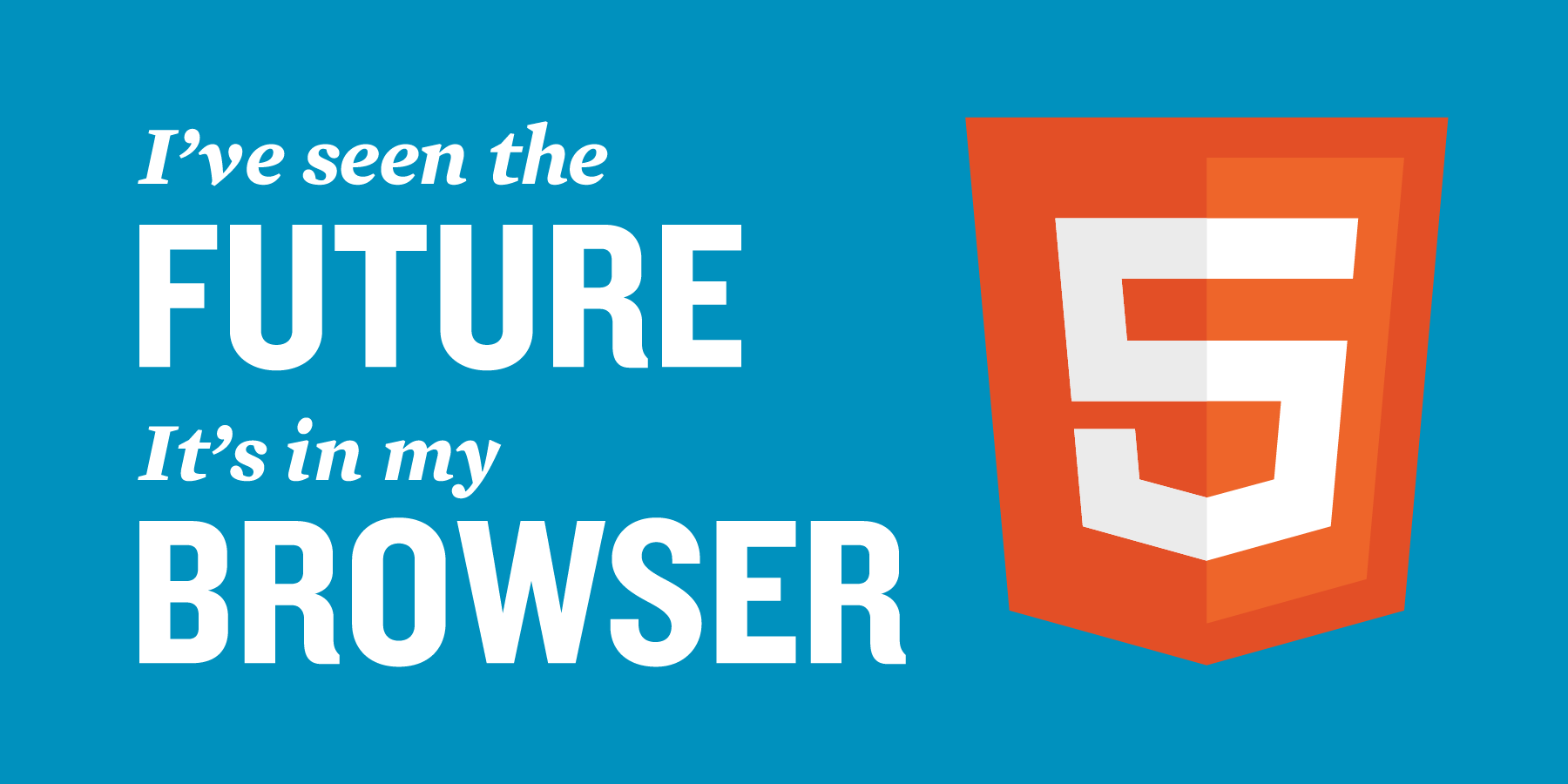
The big news at the annual BlackBerry World conference was the introduction and understanding that RIM’s highly anticipated BB10 software platform had already been released to developers, a major step in the right direction. Along with the software, prototype hardware units were also provided to developers attending the conference in order to aid the developers in understanding the devices that will be running the applications.
The device is similar in appearance to many of the popular iPhone and Samsung Galaxy type phones that are popular, clean and stylish. It features a 4.2” screen along with an HDMI output useful for mirroring.
Based on what RIM’s vice president of application platforms and tools, Chris Smith had to say, developers are being given full access to the native platform to allow for seamless integration between various applications, making the overall phone experience more complete and organic. The other side of the platform is HTML5, which BB10 is banking on more than either iOS or Android in order to build a substantial app library.
HTML5 allows for applications to be created that can run on any mobile browser, being limited only by the parameters of the specific browser it is running on. RIM has also been proactive in creating a toolkit which allows HTML5 apps to be “wrapped” in order to allow it to run as a native app on the PlayBook and other BB10 devices (once they are released).
This not only makes it easy for applications to be created quickly for RIM’s new platform, it also allows developers to have access to integral software that can be used to create better applications such as BlackBerry Messenger.
As displayed at the conference, RIM has already been working with many developers to create previews of some intriguing looking applications. One such application called Mippin allows anyone with a BB10 device to create their own application in minutes using HTML5. This type of boldness and openness is a refreshing sign of progress from a company that has found itself in the dubious position of lagging behind Apple and Google (for now anyways). This type of sharing breeds creativity, something that is more important than ever in the battle for mobile supremacy.